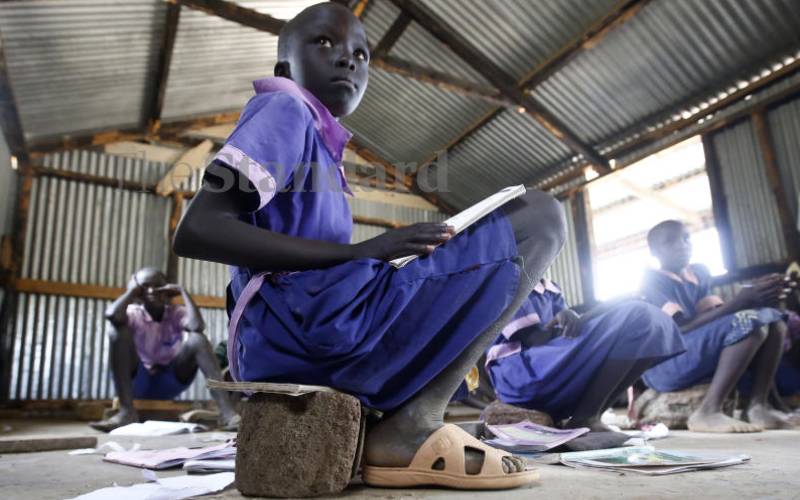×
The Standard e-Paper
Kenya’s Boldest Voice

Pupils in a session at Paka Hills Primary School in Tiaty, Baringo County. [Kipsang Joseph, Standard]
The government has, again and again, stated that it is committed to providing quality education for all – and that it has put in place measures to address access, quality, relevance and equity.